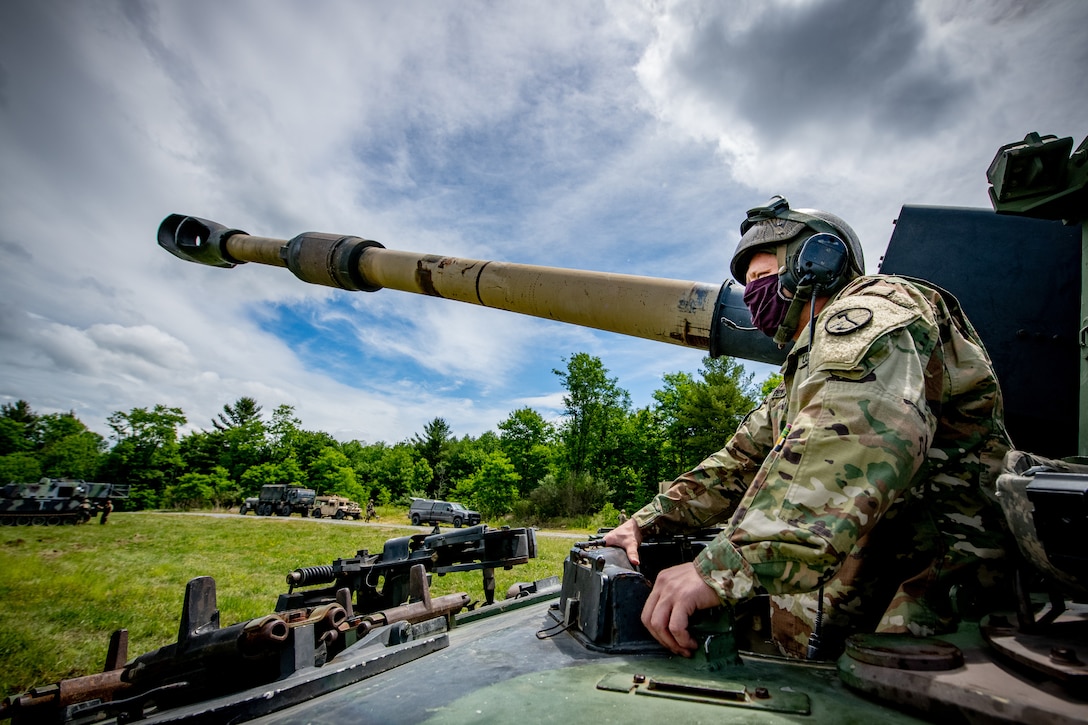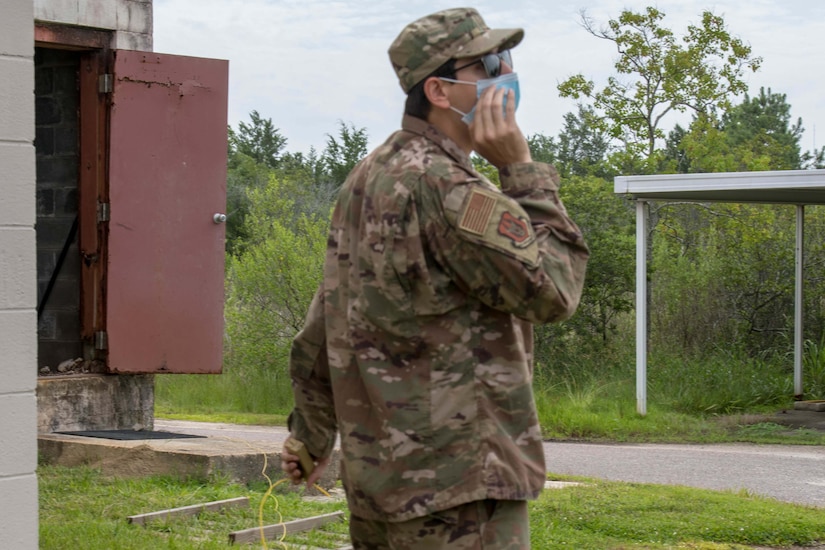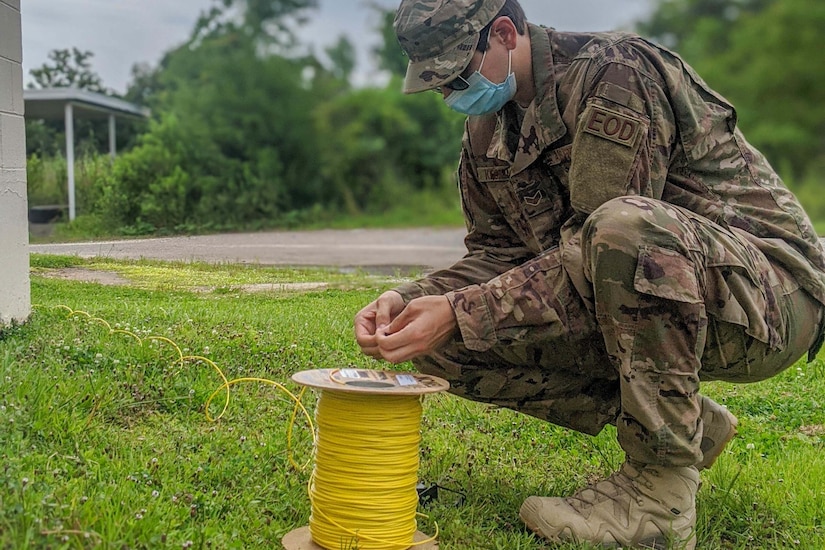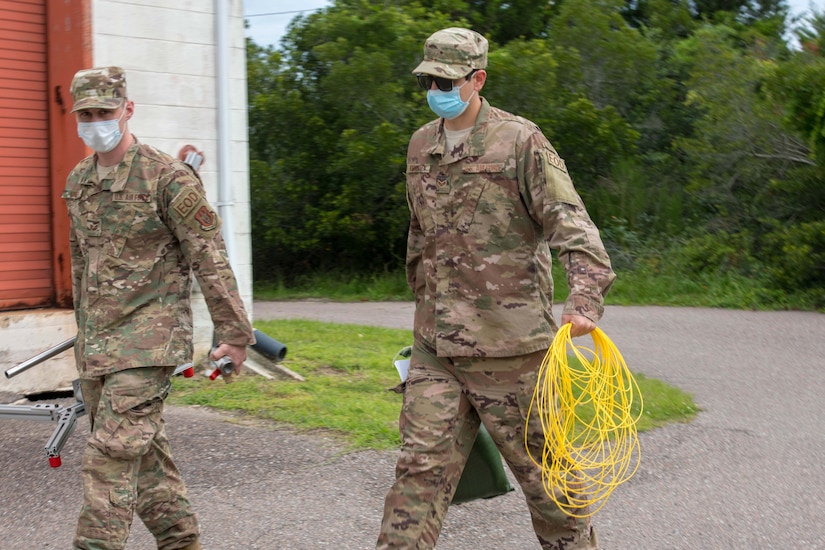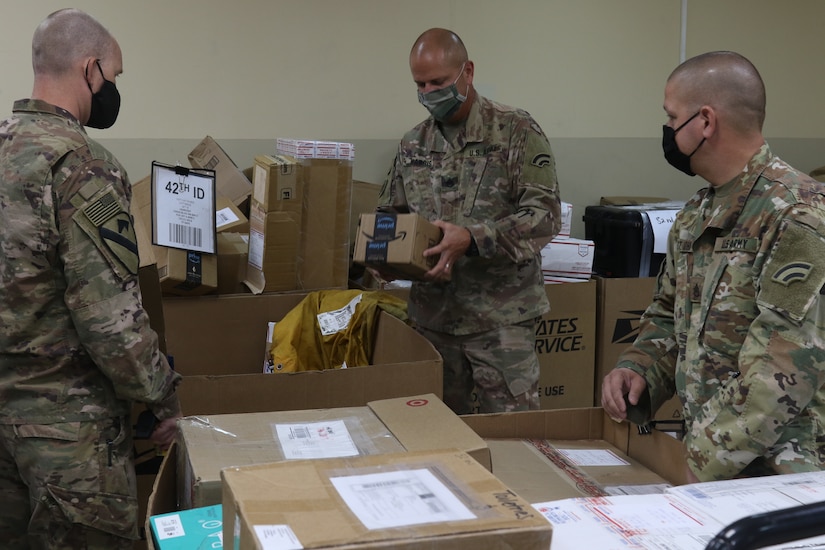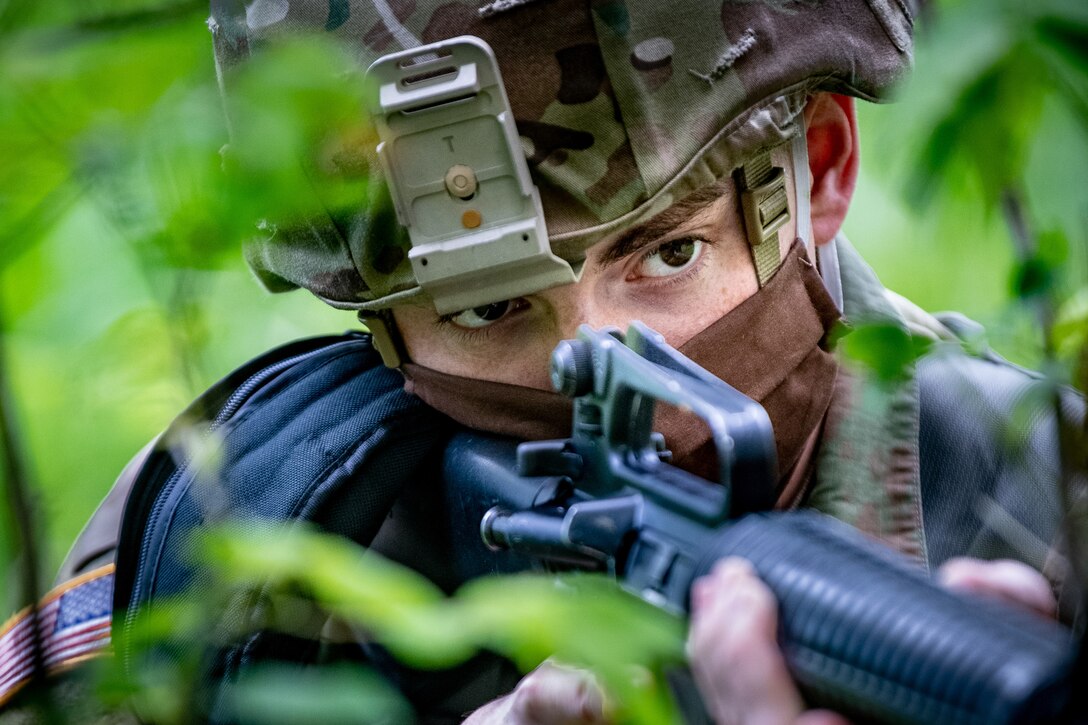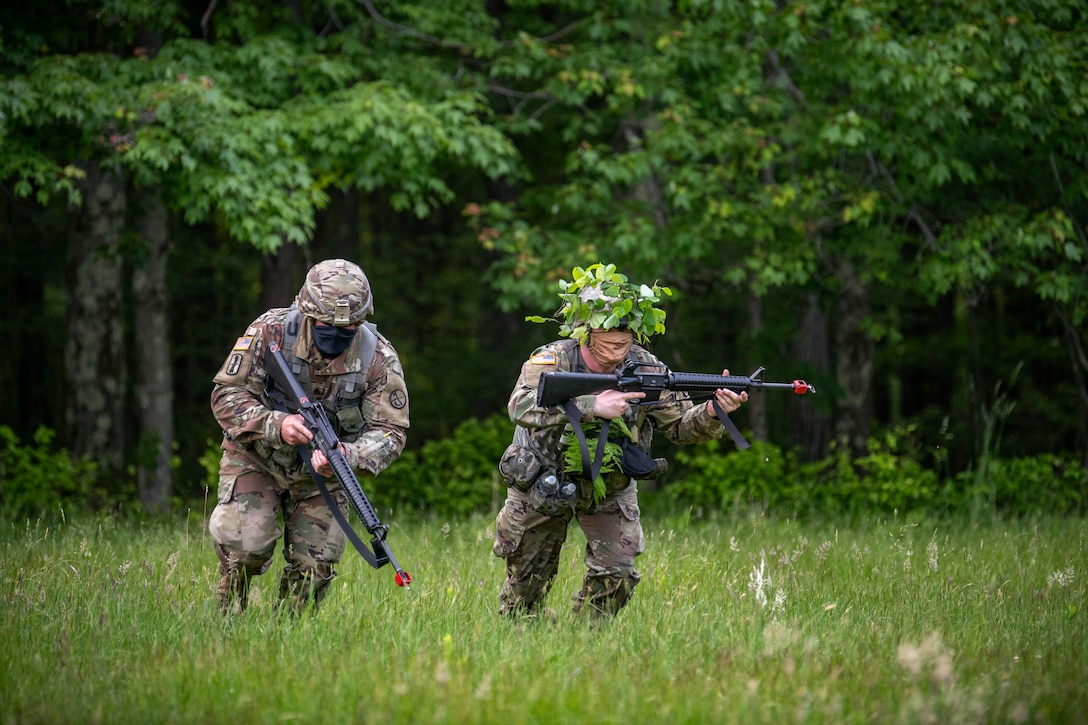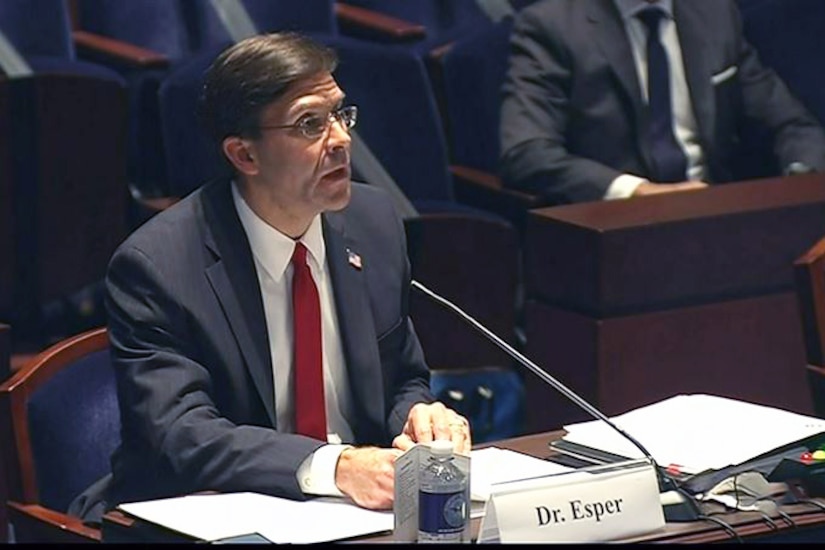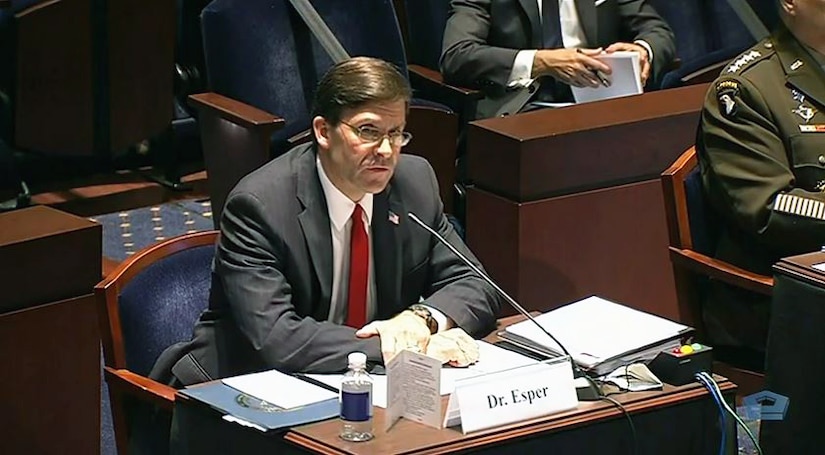A federal judge in San Antonio sentenced 32-year-old Trorice Crawford of San Diego, California, to 46 months in federal prison for his role in an identity-theft and fraud scheme that victimized thousands of U.S. servicemembers and veterans, the Department of Justice announced today.
In addition to the prison term, Chief U.S. District Judge Orlando Garcia ordered that Crawford pay $103,700 in restitution and be placed on supervised release for a period of three years after completing his prison term.
On December 5, 2019, Crawford pleaded guilty to one count of conspiracy to launder monetary instruments. By pleading guilty, Crawford admitted that from May 2017 to July 2019, he conspired with Robert Wayne Boling, Jr. (a U.S. citizen), and others to steal money belonging to U.S. Servicemembers and veterans. By pleading guilty, Crawford admitted to recruiting at least 30 individuals (aka “money mules”) who provided their bank account information to receive funds stolen from military affiliated individuals. On average, each unauthorized transfer from a victim’s accounts ranged from between $8,000 to $13,000. Crawford kept a percentage of the withdrawn funds for himself and oversaw the transmission of the remaining amounts by means of international money remittance services to Boling and others in the Philippines.
“The Department of Justice will not tolerate fraud on America’s warfighters and veterans,” said Acting Assistant Attorney General Ethan P. Davis of the Department’s Civil Division. “Working with our partners and using all tools available, we are committed to protecting those who protect us.”
In October, Crawford’s co-defendant Frederick Brown, age 38 of Las Vegas, NV, pleaded guilty to federal charges in connection with this scheme. Brown, a former civilian medical records administrator for the U.S. Army at the 65th Medical Brigade, Yongsan Garrison, South Korea, admitted that while logged into the Armed Forces Health Longitudinal Technology Application, he illegally captured on his cell phone personal identifying information (PII) of thousands of military members, including names, social security numbers, DOD ID numbers, dates of birth, and contact information. Brown further admitted that he subsequently provided that stolen data to Boling so that Boling and others could exploit the information in various ways to access Department of Defense and Veterans Affairs benefits sites and steal millions of dollars.
As asserted in the federal grand jury indictment, Boling, together with his Philippines-based co-defendants Allan Albert Kerr (Australian citizen) and Jongmin Seok (South Korean citizen), specifically used the stolen information to compromise a Department of Defense portal designed to enable military members to access benefits information online. Once through the portal, the defendants are alleged to have accessed benefits information. Access to these detailed records enabled the defendants to steal or attempt to steal millions of dollars from military members’ bank accounts. The defendants also stole veterans’ benefits payments. Evidence of the defendants’ scheme was detected earlier this year, advancing the investigation that led to the indictment.
The Departments of Defense and Veterans Affairs are coordinating with the Department of Justice to notify and provide resources to the thousands of identified victims.
Boling, Kerr, and Seok are charged with multiple counts of conspiracy, wire fraud, and aggravated identity theft. Boling, Kerr, and Seok remain in the Philippines. Measures are being taken to effect their transfer to the Western District of Texas. Brown remains in federal custody awaiting sentencing scheduled for 10:30 am on September 17, 2020, before Judge Garcia in San Antonio.
It is important to note that an indictment merely alleges that crimes have been committed. All defendants are presumed innocent until proven guilty beyond a reasonable doubt.
The United States is represented by Trial Attorneys Ehren Reynolds and Yolanda McCray Jones of the Department of Justice Civil Division’s Consumer Protection Branch and Assistant U.S. Attorney Joseph Blackwell of the U.S. Attorney’s Office for the Western District of Texas. The matter was investigated by agents of the Defense Criminal Investigative Service, and counsel Matthew Freund, along with substantial investigative support from the U.S. Postal Inspection Service, the U.S. Army Criminal Investigation Command, and the Veterans Benefits Administration’s Benefits Protection and Remediation Division. The U.S. Department of State’s Diplomatic Security Service, Philippine law enforcement partners, and the U.S. Attorneys’ Offices for the District of Nevada, the Southern District of California, and the Eastern District of Virginia also provided assistance. Resources from the Department of Justice’s Servicemembers and Veterans Initiative and its Transnational Elder Fraud Strike Force aided in the matter’s investigation and prosecution.
Since President Trump signed the bipartisan Elder Abuse Prevention and Prosecution Act (EAPPA) into law, the Department of Justice has participated in hundreds of enforcement actions in criminal and civil cases that targeted or disproportionately affected seniors. In particular, in March 2020, the department announced the largest elder fraud enforcement action in American history, charging more than 400 defendants in a nationwide elder fraud sweep. The department has likewise conducted hundreds of training's and outreach sessions across the country since the passage of the Act.
Additional information about the Consumer Protection Branch and its enforcement efforts can be found at www.justice.gov/civil/consumer-protection-branch. For more information about the U.S. Attorney’s Office for the Western District of Texas, visit its website at https://www.justice.gov/usao-wdtx. Information about the Department of Justice’s Elder Fraud Initiative is available at www.justice.gov/elderjustice; information on the Servicemember and Veterans Initiative is at https://www.justice.gov/servicemembers.

